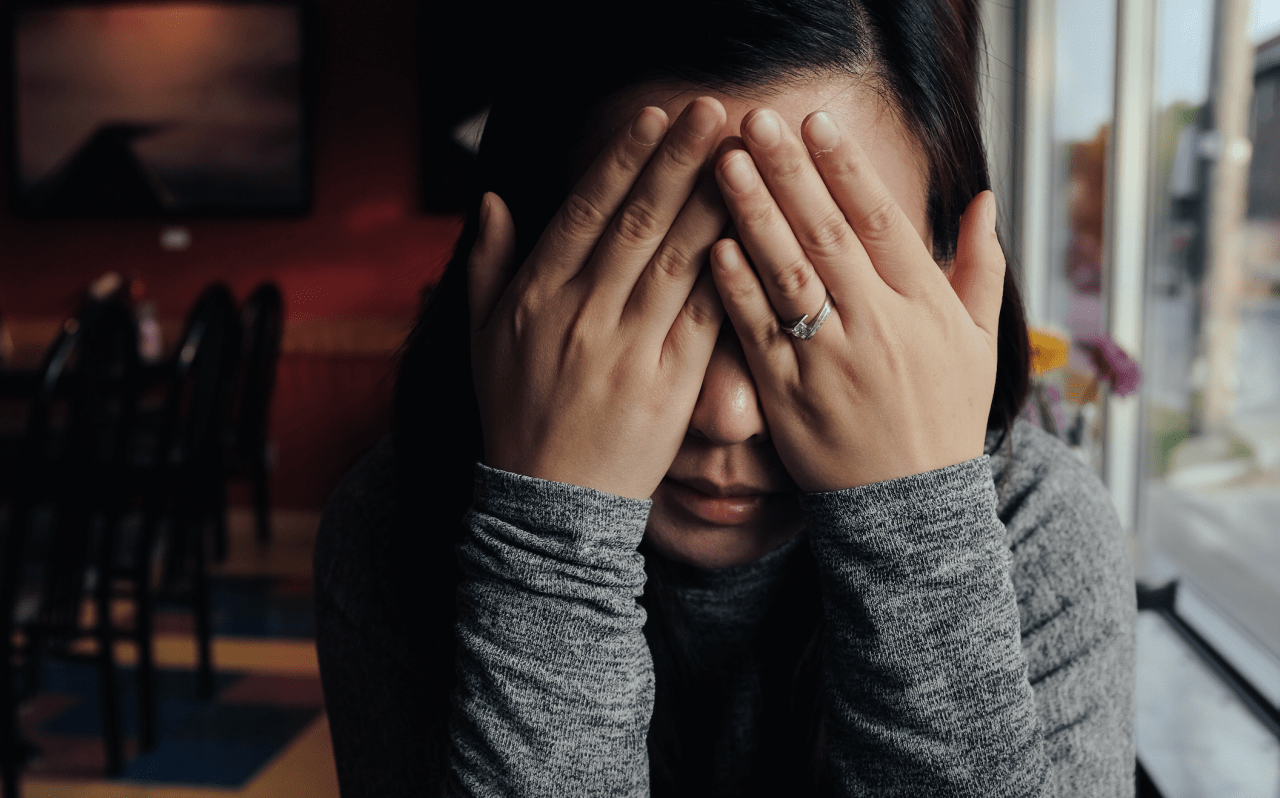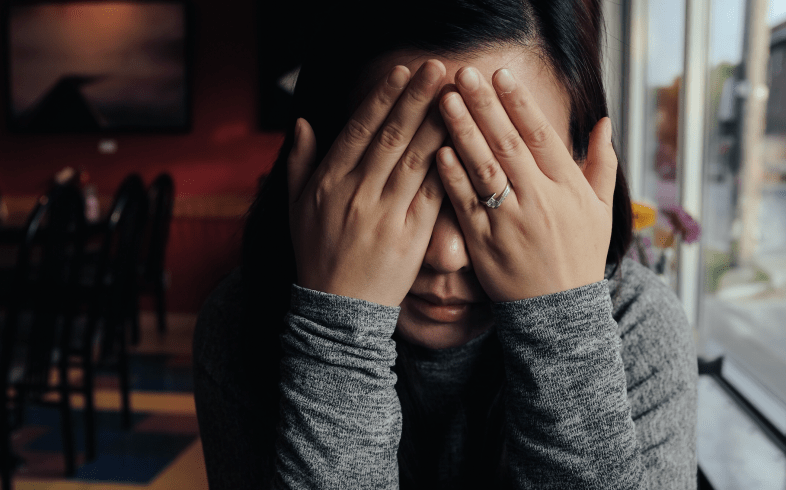
7 Things You Should Never Use Your Mental Illness As An Excuse For

1. As an excuse to trump someone else’s hardships
We’ve gotten to the point where we’re actually trying to outshine each other in terms of who has a worse mental illness or personal situation. We’re perpetually in competition to prove that we’re more damaged than everyone else on the Internet or in our lives. Share your experiences, but do not try to prove that your upbringing was harder, your struggle was more intense, you’ve faced more adversity or your mental illness is more pronounced. It completely negates the fact that talking and writing about mental illness is supposed to encourage support and make people feel less alone.
2. To be flat out rude to other people
You don’t have an open invitation to behave poorly or be an asshole to everyone else because you’re going through a hard time. You have every right to excuse yourself from certain situations, or voice your opinion if someone is being deliberately offensive. But treating people with unnecessary disdain just because they don’t understand what you’re going through is going too far. Guilting someone solely because you have a mental illness is not okay.
3. An an excuse to shut people out of your life entirely with no explanation
It is completely fair to say that having depression (for example) is overwhelming. Certain mental illnesses can make you space out completely and forget you had plans. They can also make you want to not be around people because you don’t feel up to a casual chat or leaving the house. When that happens, the best thing to do is tell friends and loved ones that you are going through something difficult and need some time to yourself, without shutting out the people who are trying to help you.
4. Blaming your family because you need to blame something or someone
Of course everyone’s circumstances and family situations are different and it is not for me to say how your upbringing contributed to your mental illness. If you were treated poorly, you have every right to hold your family accountable. However, if your family is doing everything they can to be there for you and to make sure you’re getting help, it is not fair to pin everything on them and be overly hard on the people who love you and are trying to support you.
5. To get extra attention and sympathy
There are unobtrusive ways to bring up the fact that you found something offensive because of the illness you’re struggling with. But using your mental illness as a crutch in conversation to get attention (or even pity) is going too far. If you’re with people that are specifically making themselves available to talk about what’s going on with your anxiety, depression, bipolar disorder, etc. etc., then of course that’s what your conversation will center around. But in the middle of the conversation that is miles away from the subject of you or your mental illness, it shouldn’t be used as an attention grab.
6. To rub your challenges in someone else’s face just to make them look bad
Your mental illness is not an excuse to say, “You have to be nice to me because I’m going through a hard time right now.” If someone’s being rude to you, that’s a problem simply because they’re being rude, not because you have a mental illness. You cannot control people around you and what they’re saying, but you can try to understand that they’re not deliberately trying to victimize you.
7. To detract from someone else’s difficulties
Suffering from a mental illness isn’t boastful, it’s personal. When someone approaches you to talk through their own struggles with mental illness, it can often be helpful if you share that you’ve been through something similar. In fact, you will be able to provide much more support and better advice because of that. Constantly relating their difficulties back to your own just to prove that you’re more damaged or have experienced worse isn’t bringing anything positive or productive to a conversation. It’s just dissuading that person from confiding in you. ![]()











